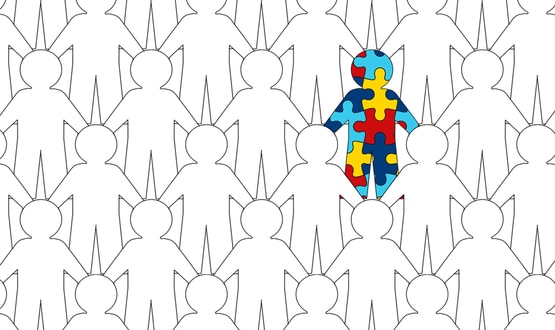Autism Together is attempting to raise £2.5m for a biometrics project that aims to drive new insights into the disability and approaches to care.
The initiative will see people with autism given wristbands capable of reading the wearers’ anxiety levels through heart rate and perspiration sensors.
It is hoped that this data will enable carers to anticipate and head off “dramatic behaviour changes”, particularly with people who are non-verbal or otherwise unable to communicate.
The funds will be used to build a purpose-built diagnostics and assessment centre in Wirral, north-west England, where trials of the project can be carried out.
Readings from the biometric sensors will be recorded alongside with clinical notes detailing the dates, times and locations of behavioural changes and “extreme incidents.”
Environmental factors such as room temperature, noise and light will also be recorded so clinicians can see how sensory stimuli correlates with data from the wristband sensors.
The project will take place in stages over a five-year period. An initial pilot stage is due to begin in spring with seven residents, at an existing care home run by Autism Together..
Charity CEO Robin Bush said the potential for biometrics in autism care was “game-changing”.
He added: “Our vision at Autism Together is to set the standard for a new generation of inpatient assessment and treatment using a high-tech approach, so that people with autism can be fully understood and helped to live the best lives possible.
“We’re convinced that in fifty years biometrics will be accepted as a baseline for understanding autistic behaviour.”
Autism Together hopes the initiative will deliver new insights into autism care. People on the more extreme end of the autism spectrum are often confined to hospitals, due to a lack of understanding about the complex behaviours people with the disability can exhibit.
When residential placements do happen, they often fall due to this gap in knowledge, Autism Together said.
Bush said: “This is a very significant project backed by a real sense of urgency as the numbers of those diagnosed with autism increase and the NHS still relies on traditional approaches – such as observation only – to try to get to grips with complex autistic behaviour.”
“Introducing this new technology into autism care will be game changing – but we can’t build our assessment centre without funding and we hope our supporters will get behind us.”

